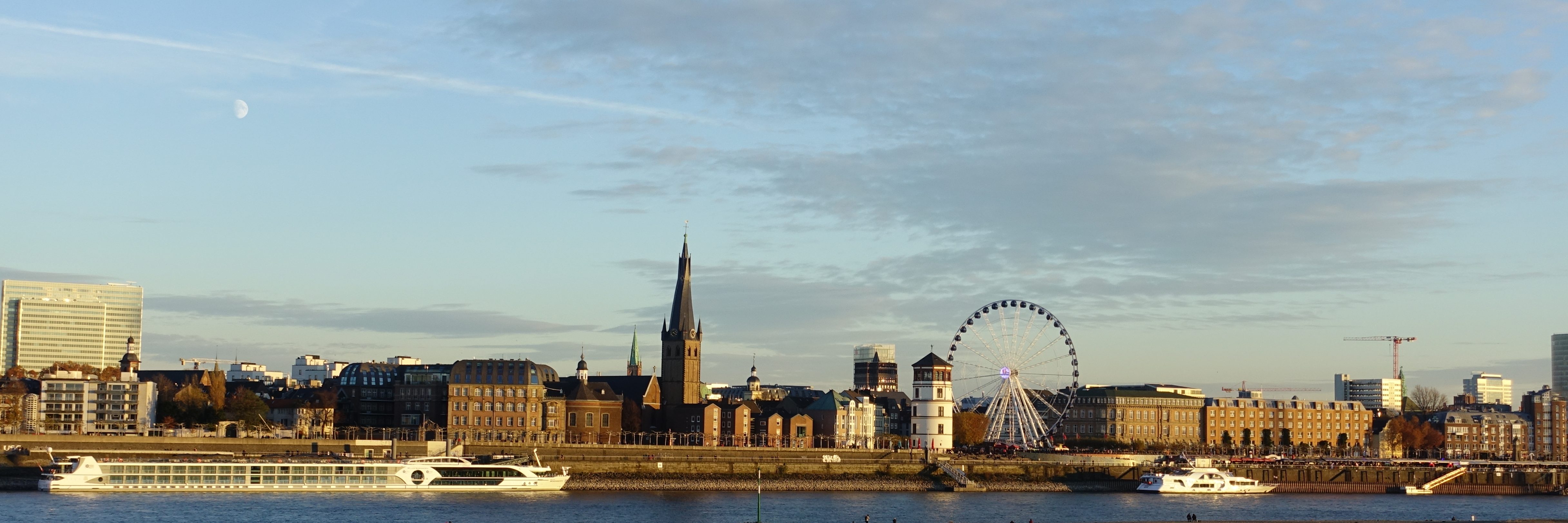On June 2, 1967, the Shah of Iran and his wife Farah paid a state visit to Berlin, West Germany. Wherever he went, there were demonstrations by Berliners against the hospitality being shown to the dashing autocrat. To shield him from these demonstrators, the Iranian regime arranged for a group of about 150 Iranians to accompany the Shah and cheer him on.
Since the people were Persian, and since they cheered and celebrated (jubeln in German) the Shah, they were called the Jubelperser (g) "Cheering-Persians". It's pronounced roughly YOU-bull-pair-zer. But these Jubelperser had a sinister side as well — some of them were members of the SAVAK secret police.
As the protests came to a head during the Shah's visit to the Berlin opera house, the Jubelperser took a break from cheering, whipped out clubs, sticks, and batons, and began beating nearby demonstrators. German police, who despised the student demonstrators, stood by and watched without doing a thing except possibly smirking.
Later that day, when the Berlin police violently dispersed the demonstrators, policeman Karl-Heinz Kurras (g) for reasons that remain unclear to this day, pulled out his gun and shot student demonstrator Benno Ohnesorg (g) to death. Kurras was never convicted of a crime for the shooting. In 2009 it was revealed that he had been an unofficial collaborator with the Stasi. The death of Ohnesorg on June 2, 1967 greatly accelerated the radicalization of parts of the German student movement — in fact, one terrorist group that operated during the 1970s was called the "June 2nd Movement".
Jubelperser has entered the German vocabulary to describe paid professional fans, or generally any crowd which displays unnatural or exaggerated enthusiasm. There doesn't have to be something a bit menacing about their display, but if there is, the term fits even better. Example of use in a sentence: "When a flightsuit-clad Angela Merkel ran awkwardly onstage to the sound of 'Rock You Like a Hurricane', the audience, mainly members of the Youth Wing of the Christian Democrat Party, dutifully cheered like Jubelperser."
